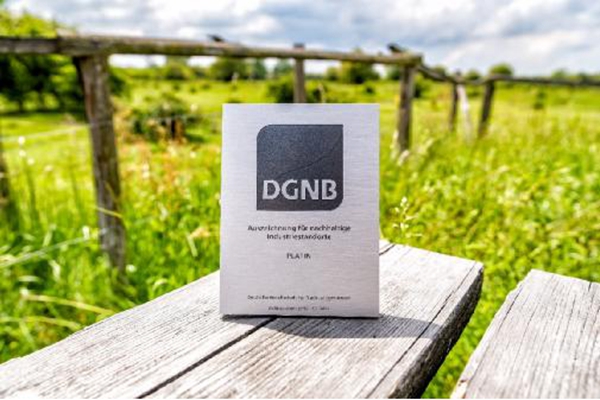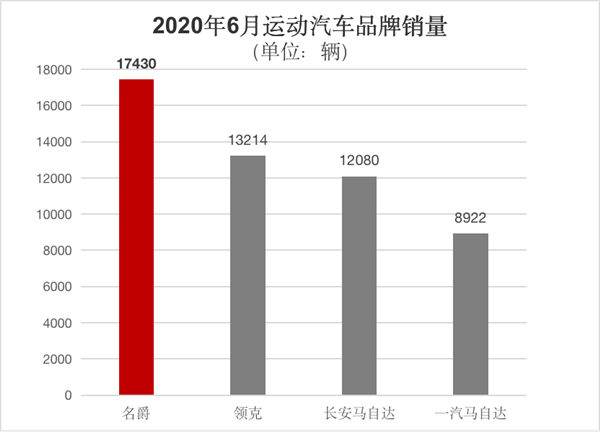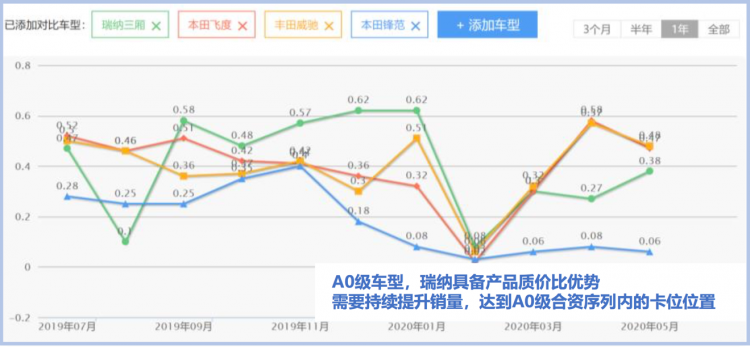Porsche not only sets strict benchmarks for production, but also adheres to high standards in the field of sustainable development. The Porsche Leipzig plant has received the Platinum Award, the highest honor bestowed by the German Sustainable Building Council (DGNB). The DGNB has certified the Porsche Leipzig plant as an exceptional sustainable industrial site. The plant covers an area of approximately 427 hectares and is currently being expanded to accommodate the electrification revolution. This is the second platinum award for Porsche. In 2017, Porsche was awarded the DGNB Platinum Award for the first time for the new design of the Plant 4 at its headquarters in Zuffenhausen.

Platinum Award from the German Sustainable Building Council
The evaluation criteria for the DGNB Platinum Awards are composed of 167 criteria in 28 categories. These include assessments of environmental protection, biodiversity and energy life cycle; at the same time, it involves resource handling, site setting, impact on urban environment and infrastructure, ecological support in the construction phase, life cycle cost assessment, facility value stability and related plans and processes. DGNB fully affirmed Porsche in terms of energy management life cycle assessment and site change capabilities.

Christine Lemaitre, CEO of the German Sustainable Building Council, awarded the Platinum Award to Albrecht Reimold, Member of the Executive Board of Porsche AG responsible for Production and Logistics, and Gerd Rupp, Chairman of the Executive Board of Porsche Leipzig AG.
DGNB CEO Christine Lemaitre said: “Porsche’s DGNB Platinum certification is enough to prove that Porsche has set high standards of sustainable development goals for its factory construction, and continues to work hard to achieve these goals.” May 21, Christine Lemaitre The award went to Albrecht Reimold, Member of the Executive Board of Porsche AG responsible for Production and Logistics, and Gerd Rupp, Chairman of the Executive Board of Porsche Leipzig AG.
Vision of “Zero Pollution Factory”
Porsche also has big plans for future sustainable development. Mr. Reimuard pointed out: “Our vision is to create a ‘zero-pollution factory’, i.e. a production facility that leaves no ecological footprint.” Since 2014, Porsche has put its cars The carbon dioxide produced during the production process has been reduced by more than 75%; at the same time, Porsche has reduced the energy consumption of each car produced in its factories by more than 30% and cut water consumption by nearly 20%. The amount of solvent used is correspondingly reduced by one-third.

2019 Porsche Leipzig off-road venue
Quantifiable and public sustainability
“Porsche fully supports the climate protection agreement reached in Paris in December 2015 and actively assumes the responsibility to reduce emissions that are harmful to the environment. Our goals in terms of sustainable development go far beyond mere decarbonization. , we hope that Porsche’s sustainable development can be quantified and made public, and awards like this are also an important part of publicly quantified sustainable development.”
The case for sustainable car production
Since its foundation 19 years ago, the Porsche Leipzig plant has been one of the most advanced sustainable automotive factories in the world. Vehicle production is powered entirely by renewable energy, including energy from the building’s photovoltaic system powering the Macan and Panamera body production rooms. A biomass plant near the Leipzig plant provides 80 percent of the heating requirements of the high-level paint shop, which is carbon-neutral. Since 2015, energy-saving measures at the Leipzig plant have saved a cumulative 23.3 gigawatt-hours of electricity.
Paint shops use rock dust filtration systems as part of dry separators to collect unavoidable paint overspray. At the same time, with the theme of “Green Logistics”, Porsche operates railway transportation with ecological power generation, increasingly uses electric logistics vehicles, and uses energy-saving shuttle technology in the newly built automated small parts warehouse. Compared to a traditional small parts warehouse, the facility reduces CO2 emissions by 676 tons per year.
Holistic view: commitment to economic, ecological and social harmony
Porsche does not only focus on sustainability in production. As early as 2002, Porsche opened up a unique pasture mode on the 132-hectare off-road site in Leipzig. From summer 2018, children can take part in the “Porsche Tour” here and get up close to the flora and fauna. At the same time, Porsche actively implements corporate social responsibility, which widely covers culture, sports, environment, education and social care. This environmental education project is also part of Porsche’s corporate social responsibility. Gerd Rupp, Chairman of the Executive Board of Porsche Leipzig AG: “These sustainable development initiatives are also our responsible behavior towards our employees, the local population around the factory and society in general.”




